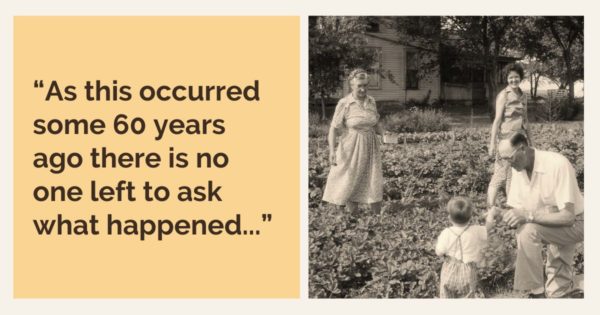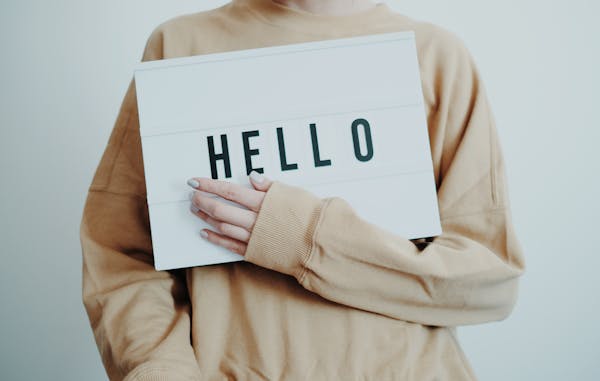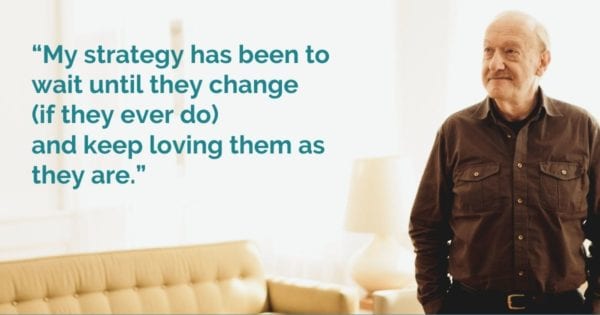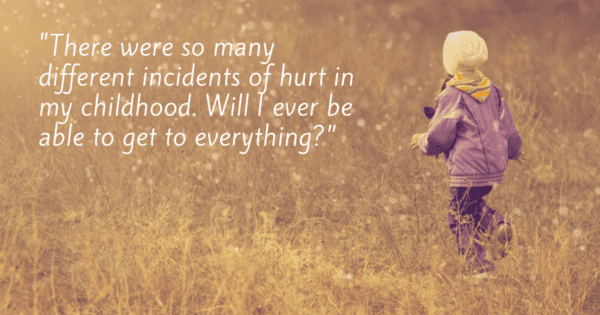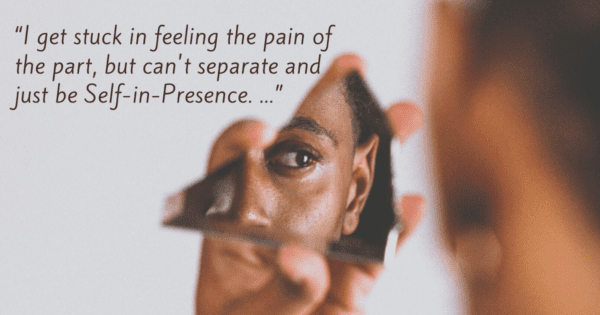“A little voice says, ‘You can’t be happy. It isn’t going to last.'”
Chris writes:
“So, something good, exciting etc., happens, and I am happy about it. A little voice, however, says ‘Oh no you can’t be, how long do you think it’s going to last, huh?’ This dulls my original excitement, and I now have two competing sentiments. So I say ‘A part of me says I can’t happy’, AND…and this is where the question comes in. Does ‘another part’ want to be happy, or, if one senses that it’s Self-in-Presence, does one simply say ‘I’ want to be happy?
Dear Chris,
Good for you for noticing that the “How long do you think that’s going to last?” voice is something to acknowledge, rather than something to fight with, argue with, or otherwise get entangled with.
That is a type of part that Barbara McGavin and I call a “controlling” type. Other people call it the “inner critic” but we prefer a way of talking about it that allows it to change more easily. (Once you call it “a critic,” how can it be anything else?)
This type of part is driven by worry — sometimes intense worry to the point of anxiety and even panic. If you take a moment, you can almost always sense what it is worried about. In your case, I’d guess it’s worried about you being disappointed, if those enjoyable feelings fall flat on you.
(It’s ironic and tragic how parts like this often create the very conditions they are worried about!)
This type of part often worries that certain feelings or actions will lead to unwanted emotions. So it seems to be trying to “control” (“You can’t be happy” “Don’t be sad” “Don’t do that”) our feelings and actions.
The secret here is not to engage at the level of what it is saying, but rather to acknowledge that underlying worry.
Controlling Part: “You can’t be happy, how long do you think that’s going to last?”
You: “Ah, hello. It sounds like you might be worried about something.”
Are there two parts, one that says “Don’t be happy” and one that wants to be happy?
Actually, I don’t think so. The feeling of happy just came to you, like a sunset comes, or a blush. It wasn’t a wanting to be happy. You were happy.
(And yes, your whole being can be happy, it doesn’t have to be a part of you!)
When the feeling of happiness came, something in you got scared, and reacted. Maybe there was no other part, at that point. Maybe YOU (being Self-in-Presence) kindly and calmly acknowledged that “controlling” part that got scared. I hope so!
Controlling parts, and actually all our parts, absolutely love for us to be Self-in-Presence. It makes them feel safer! At first, though, they might not trust that you have really shown up. So they need some time and company to get used to you being there. Just listen.
You: “So you’re worried I might suffer a big disappointment if I let myself feel too happy. Yes, I really hear, that’s what you’re not wanting me to go through!”
Hearing what is underneath works its magic, and soon the parts relax and let you go back to being happy!

